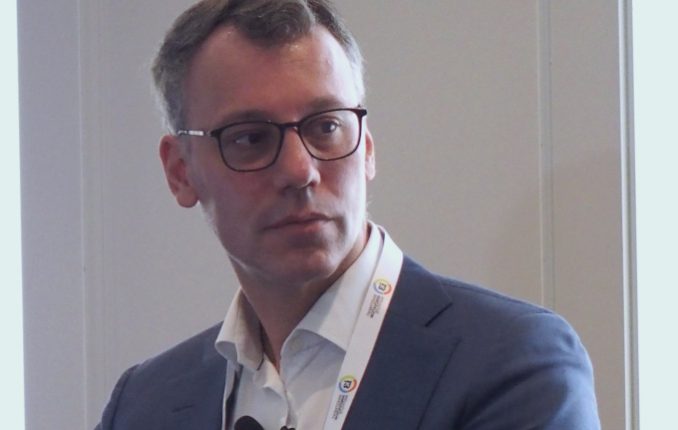The rise of alternative data sets is likely to create a wider dispersion of investors’ returns as the wide range of available data will lead investors to take more varying approaches than they have done so in the past, according to APG Asset Management.
Register to Access this Exclusive [i3] Insights Article
Create a free account to access exclusive interviews with asset owners, revealing insights on investment strategies, market trends, and portfolio allocations.
If you already have an account you can Login .
If you have any issues registering an account please send us an email at [email protected].

